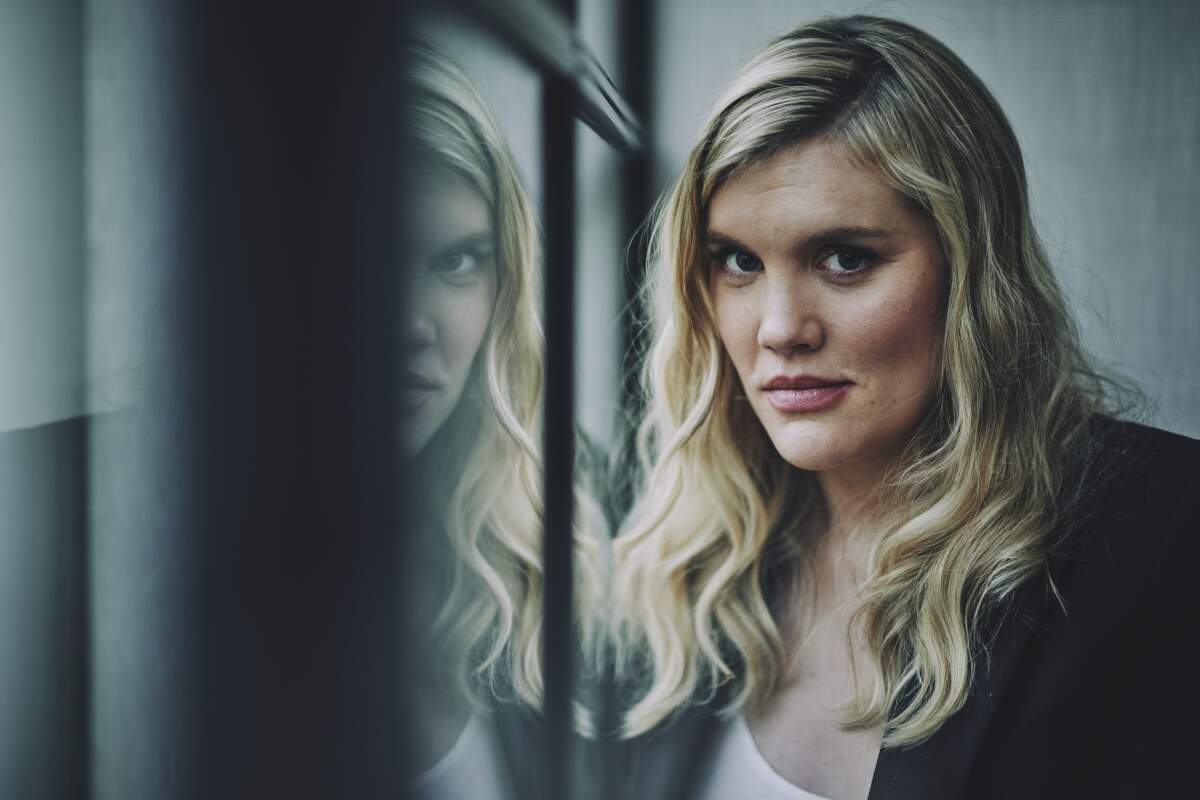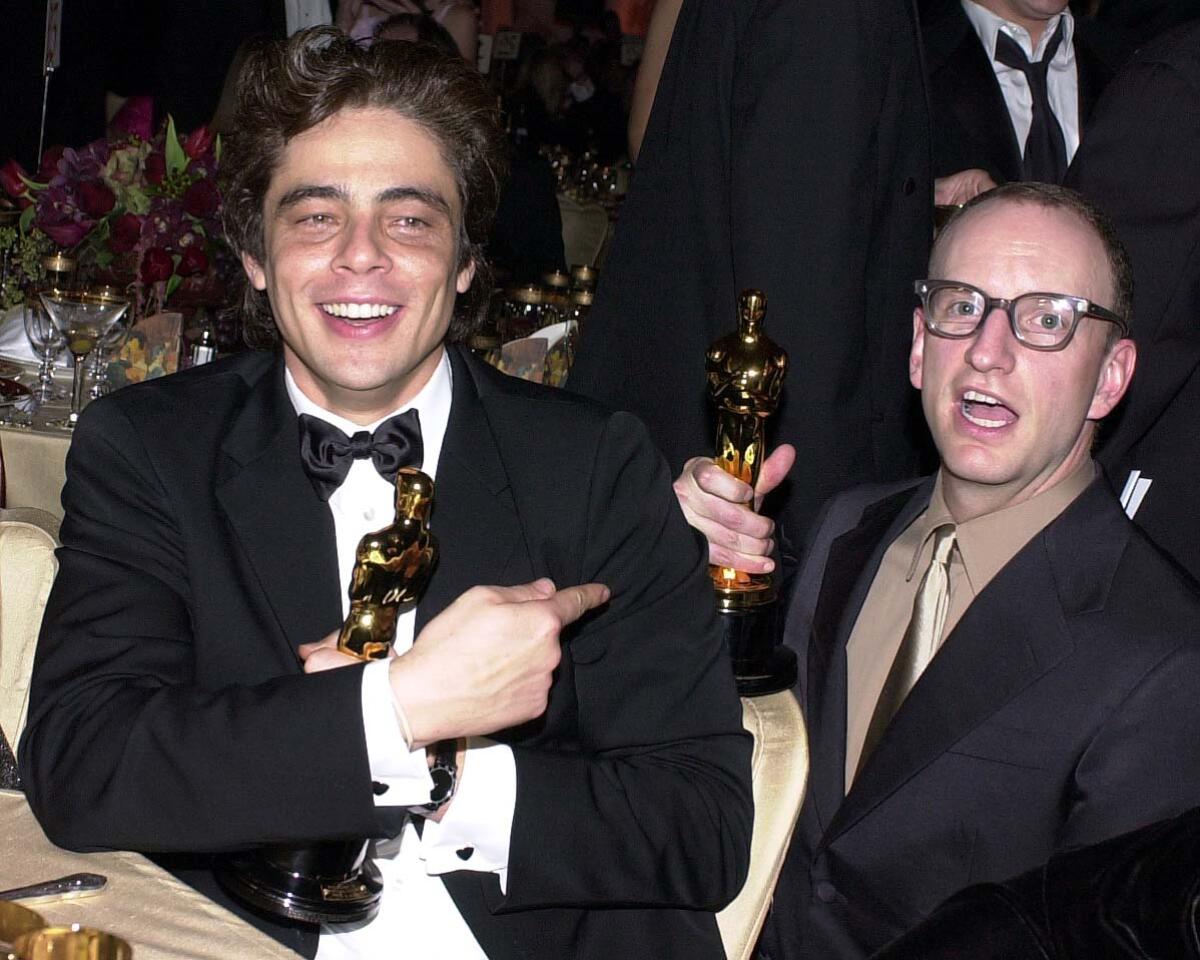Emerald Fennell on trauma and pastels in ‘Promising Young Woman’

Hello! I’m Mark Olsen and welcome to the newsletter companion to “The Envelope: The Podcast,” where my cohost, Yvonne Villarreal, and I bring you highlights from each week’s episode.
This year’s Academy Awards ceremony is only a few days away and for once there is not only a fair amount of uncertainty around who will win, a rarity in itself, but also curiosity about the staging of the show.
From the Oscars to the Emmys.
Get the Envelope newsletter for exclusive awards season coverage, behind-the-scenes stories from the Envelope podcast and columnist Glenn Whipp’s must-read analysis.
You may occasionally receive promotional content from the Los Angeles Times.
Josh Rottenberg spoke to the producers of this year’s show, Steven Soderbergh, Stacy Sher and Jesse Collins, to get some idea of what they might have planned. Simply moving the core of the event to L.A.’s Union Station downtown feels like a big change, affecting how the pandemic-era production will look to viewers at home.

The show’s producers also know they need to somehow acknowledge just how much people have been through since “Parasite” won best picture what seems a lifetime ago in February 2020.
As Soderbergh said, “The last 14 or 15 months have been unprecedented in their devastation and dislocation, and you have to acknowledge that while at the same time offering up a little bit of pain relief for a couple of hours. To try to strip away the self-importance of it without becoming snarky or insincere — it is a real balance. We want it to be joyful, and we do want people to rebuild their relationship with going to the movies. We’re all in a very synchronized place in terms of what the tone has to be. But I guess we’ll find out.”
For this week’s interview, I spoke to Emerald Fennel, writer and director of “Promising Young Woman,” which is nominated for five Oscars, including director, original screenplay, actress and best picture.
The film tells the story of Cassandra (Carey Mulligan), who spirals into depression, anger and revenge after her best friend dies following a sexual assault. Cassandra eventually launches a plan to seek retribution against those she sees as complicit in her friend‘s fate.
With its use of pop songs like Charli XCX’s “Boys” and Paris Hilton’s “Stars Are Blind,” plus a pastel-hued color palette, the film often creates an ironic counterpoint between its vibrant look and its thorny emotions.
As Fennell said, “When I think about this film, really it’s about how I suppose women in particular, but people in general, can hide their rage and their fury and their grief. And so many of us have to do that or know to do it, and particularly women, by diverting attention. And the easiest way to do that is to brush your hair and put on a coat of lipstick or whatever it is!”
The end of Oscar season does not mean the end of “The Envelope” podcast. We will continue to talk movies and TV here as the calendar year rolls along and Emmy season shifts into gear. Upcoming interviews include Cynthia Erivo for “Genius: Aretha,” Kate Winslet for “Mare of Easttown” and more.
Listen to the podcast here and subscribe to “The Envelope: The Podcast” on Apple Podcasts or your podcast app of choice.
Can't get enough about awards season?
For more, follow us on Twitter at @villarrealy and @IndieFocus, and for a deeper dive into the best new movies, get Mark’s weekly Indie Focus newsletter.
If you’re enjoying this newsletter, please consider subscribing to The Times.
Feedback? We’d love to hear from you. Email us at [email protected].
Only good movies
Get the Indie Focus newsletter, Mark Olsen's weekly guide to the world of cinema.
You may occasionally receive promotional content from the Los Angeles Times.




